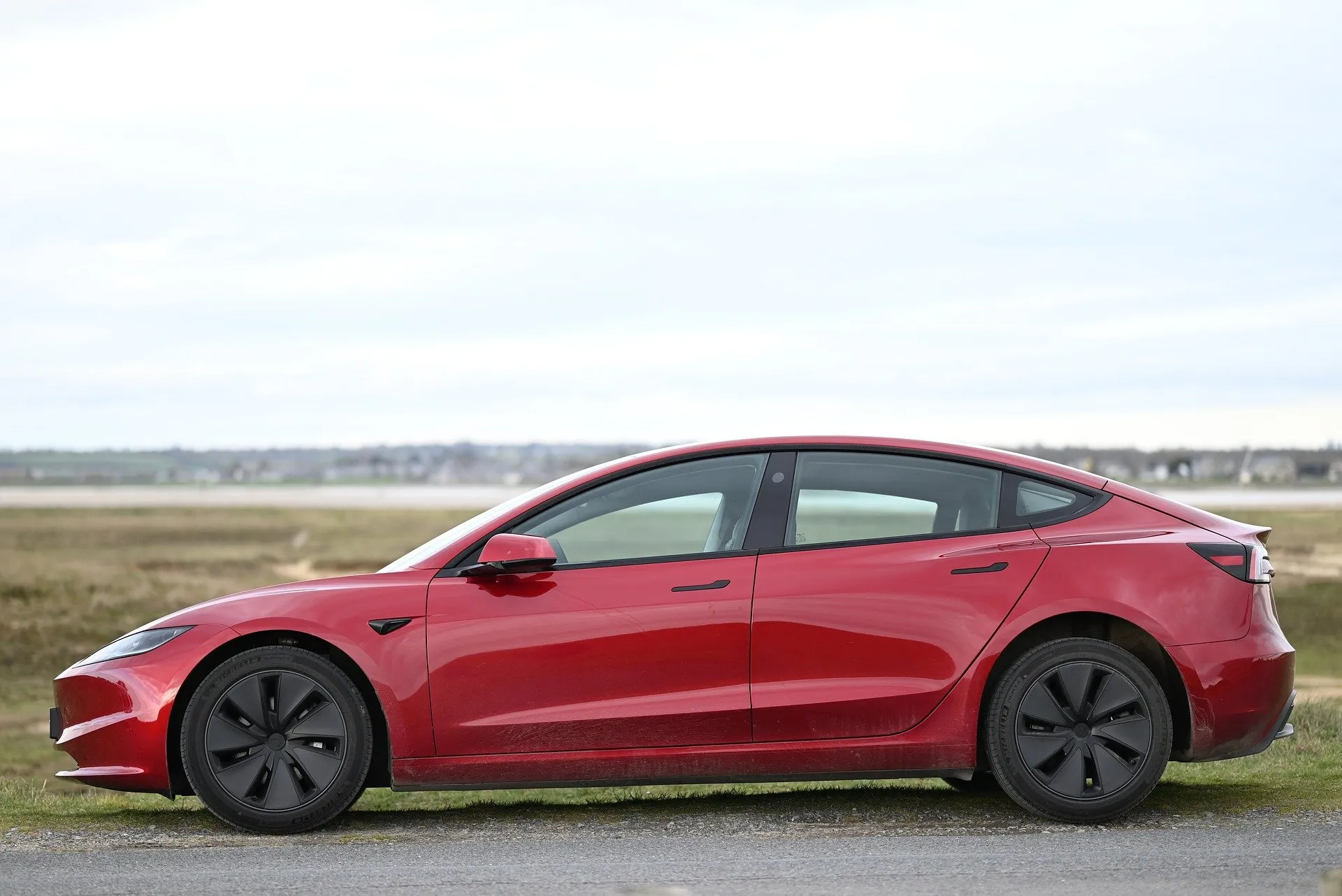As climate change accelerates, the need for sustainable solutions has never been more urgent. One of the most impactful innovations in the fight for a greener planet is the rise of electric vehicles (EVs). By reducing dependence on fossil fuels and embracing cleaner energy, EVs are transforming the transportation sector and paving the way for a sustainable future.
1. EVs Reduce Greenhouse Gas Emissions
Transportation accounts for nearly 25% of global CO2 emissions, with traditional internal combustion engine vehicles being major contributors. EVs run on electricity, which can be sourced from renewable energy.
- Environmental Impact: EVs produce zero tailpipe emissions, significantly reducing air pollution.
- Example: Countries like Norway have cut vehicle emissions by incentivizing EV adoption.
Fact: A single EV can save up to 4.6 metric tons of CO2 annually compared to a gas-powered vehicle.
2. Lower Dependence on Fossil Fuels
EVs reduce reliance on non-renewable energy sources like oil and gas. With advancements in renewable energy, charging EVs through solar, wind, or hydroelectric power is becoming more accessible.
- Global Shift: Governments worldwide are investing in renewable energy to power EVs sustainably.
- Example: Tesla’s Supercharger network includes solar-powered stations.
3. Energy Efficiency
EVs are inherently more energy-efficient than internal combustion engine vehicles.
- Efficiency Rates: Electric motors convert over 85% of electrical energy into motion, compared to 20-30% for gasoline engines.
- Cost Savings: EV owners spend less on fuel and maintenance.
Did You Know? EVs have fewer moving parts, which means reduced wear and tear and lower maintenance costs.
4. Supporting Renewable Energy Integration
EVs can complement renewable energy systems by acting as mobile energy storage units.
- V2G Technology: Vehicle-to-grid technology allows EVs to feed excess energy back into the grid during peak demand.
- Example: Nissan LEAF supports V2G integration, enhancing grid stability.
5. Boosting Innovation and Green Jobs
The EV industry drives innovation in battery technology, renewable energy integration, and smart charging infrastructure.
- Job Creation: Growth in the EV sector has created millions of green jobs globally.
- Example: The rise of EV startups has revolutionized the automotive industry.
6. Overcoming Challenges
While EVs are pivotal to a greener planet, challenges such as charging infrastructure and battery recycling remain.
- Infrastructure Expansion: Governments and private companies are rapidly expanding charging networks.
- Recycling Innovations: Companies are developing efficient ways to recycle EV batteries to minimize waste.
Why EVs Are the Future
- Government Policies: Many countries have set deadlines to phase out internal combustion engine vehicles by 2035.
- Consumer Adoption: EV sales are projected to surpass gas-powered vehicles within the next decade.
- Global Benefits: Cleaner air, reduced carbon footprints, and sustainable energy use.
How to Support EV Adoption
- Consider Going Electric: Explore EV options that suit your budget and needs.
- Advocate for Renewable Energy: Push for cleaner energy sources to power EVs.
- Educate Others: Share the benefits of EVs to promote widespread adoption.
Final Thoughts
Electric vehicles are more than just a trend—they are a cornerstone of the sustainable revolution. By adopting EVs, we can significantly reduce carbon emissions, decrease reliance on fossil fuels, and foster a healthier, greener planet for future generations. As technology and infrastructure continue to advance, the road ahead for EVs looks brighter than ever.
